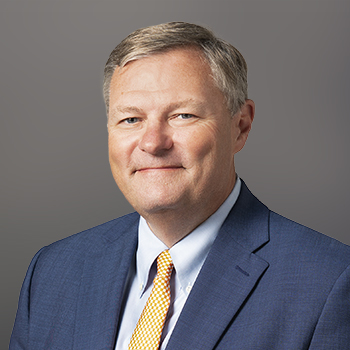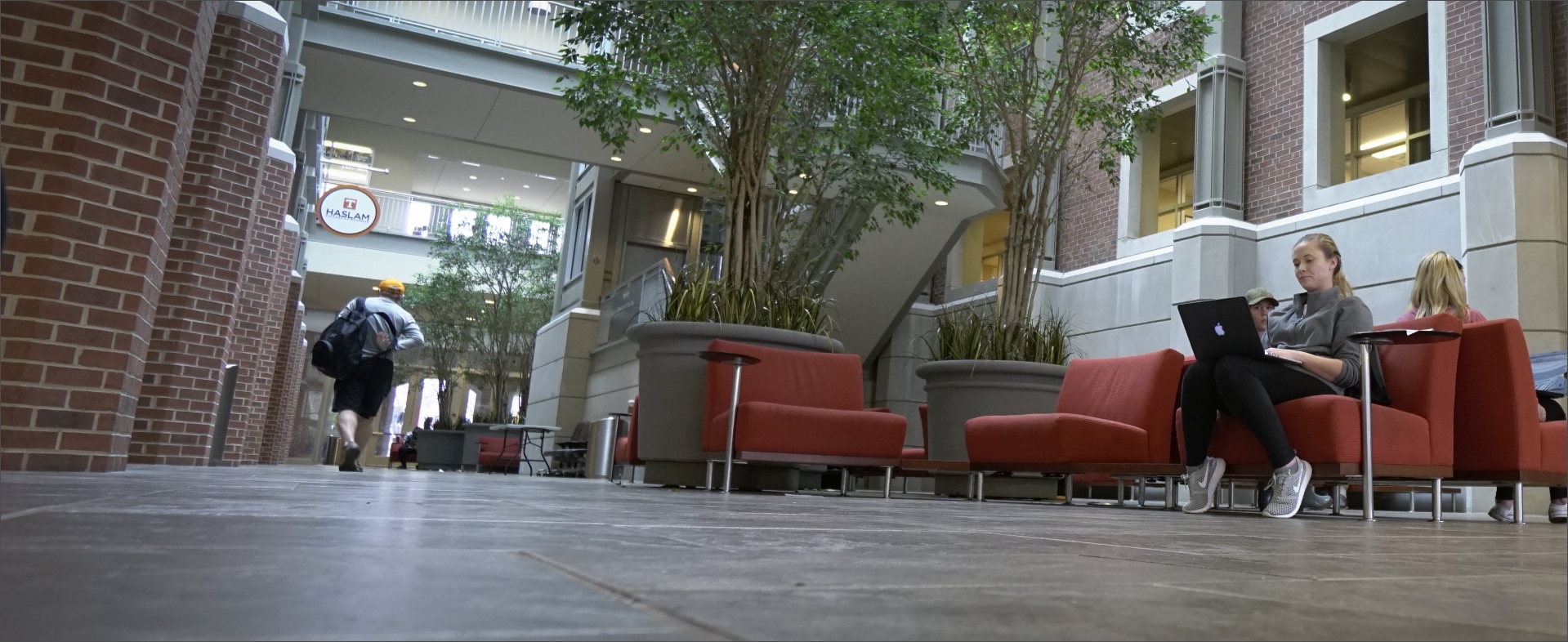
Haslam College of Business
Alumni & Friends
At Haslam, we believe in the power of community and generosity. Through your involvement and support, you help shape the future of business education and ensure lasting success for generations of students to come.
Haslam Giving
Why Give?
Haslam thrives on impactful giving. Your support empowers students, enhances academic programs and strengthens our ability to innovate and lead in business education. Together, we create opportunities that prepare students to become tomorrow’s leaders.


Transformational
Growth
Thanks to alumni, corporate partners and friends, construction on the new business building is now underway. The 240,800-square-foot structure comes on the heels of nearly a decade of exponential growth in the business student population. The new, state-of-the-art facility will house classrooms, centers, labs, graduate and executive education and meeting and office spaces.

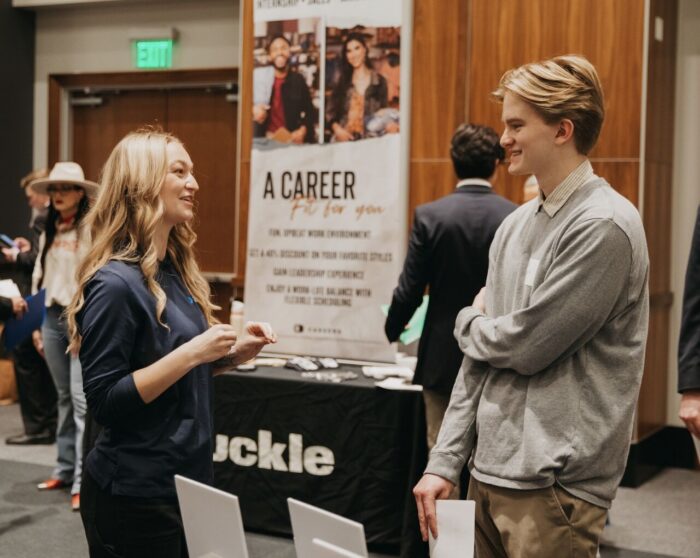
Haslam Giving
Corporate Partners
Haslam values its strong connection with corporate partners, who play a vital role in shaping the future of business education. By collaborating with us, our corporate partners help prepare students for the workforce while benefiting from access to top talent and innovative research.
Haslam Alumni
Our Alumni
Haslam aims to inspire students, challenge the status quo, drive change and transform our world. These are lofty goals but ones we see realized as Haslam develops the business leaders of tomorrow and the thought leadership fueling progress in our state, nation and beyond.
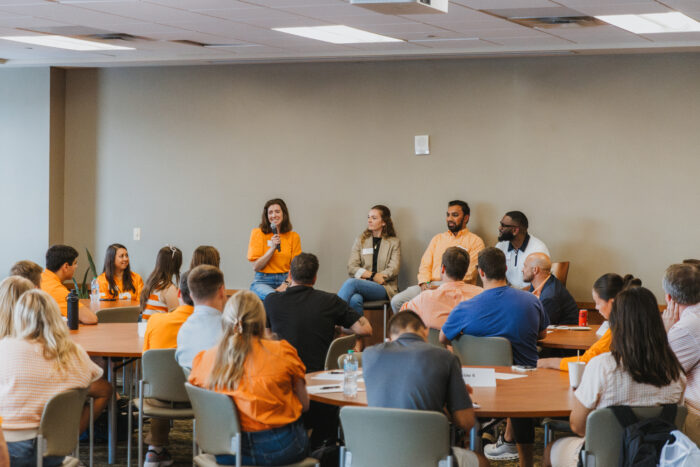
Haslam College Of Business
Alumni Highlights
Our alumni are making waves in industries around the world. From leading major organizations to driving social impact, their stories inspire the next generation of business leaders. Explore their achievements and learn how they’re shaping the future of business.
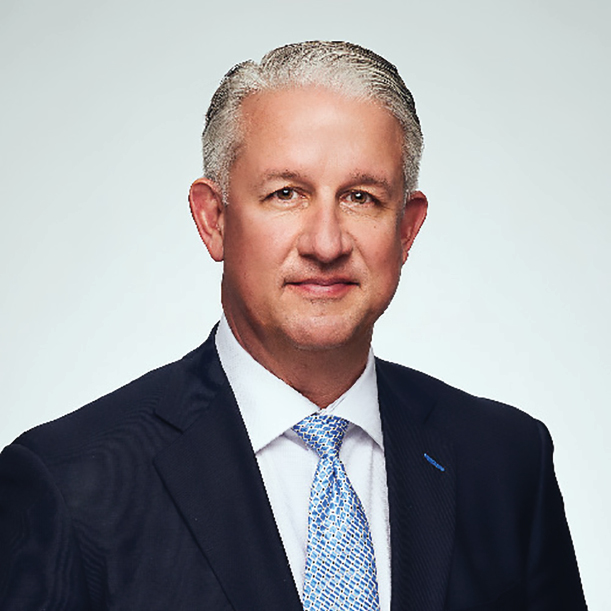
Steve Elder
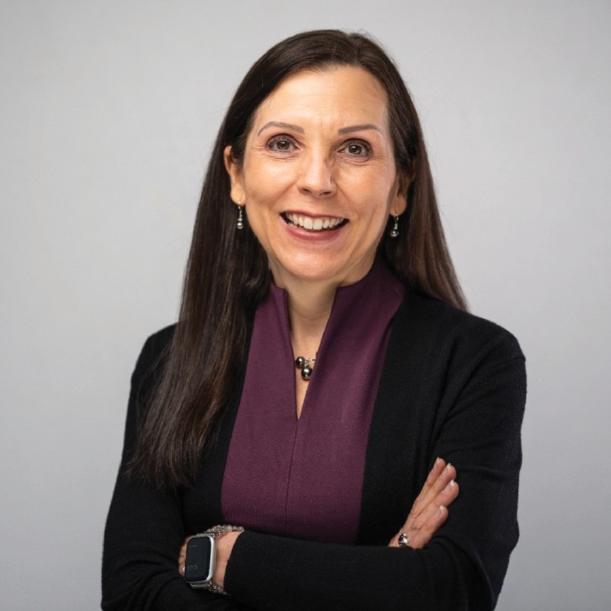
Cheryl Panther

Dave Clark
In 2024, Clark founded Auger to build a universal operating system that unites digital supply chain tools. This innovation would allow companies to collect and organize data from a myriad of sources.
Haslam College of Business
Alumni News
Stay up to date with the latest stories about our alumni and their contributions to the business world. From entrepreneurial success to philanthropic endeavors, Haslam alumni are making an impact that reflects the values of the college.
UT Haslam Alum Leads Expansion of Essential Medical Services in Rural Appalachia
Drawing on skills learned in Haslam's Physician Executive MBA program, Dayspring CMO Geogy Thomas led the medical organization's expansion into a 55,000 square-foot facility.

Purpose Beyond Profit: Charles Dick’s Philanthropic Entrepreneurial Journey
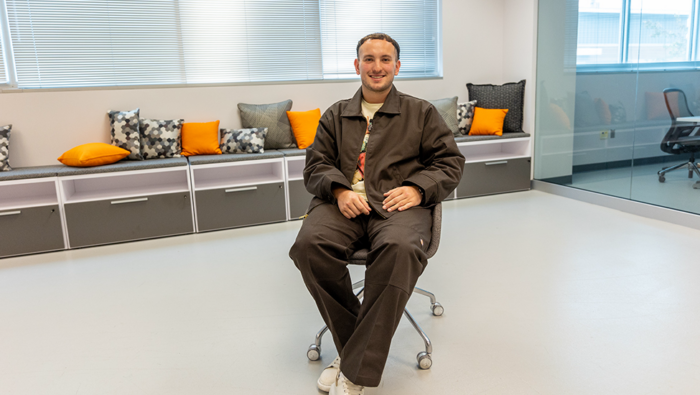
UT Haslam MBA Alum’s Philanthropic Mission and Business

Haslam College of Business
Alumni Awards & Gala
The 15th annual Alumni Awards Gala was held Friday, November 1, 2024. The gala benefits the College Fund for the Haslam College of Business.
The award ceremony recognized the 2024 distinguished alum, outstanding entrepreneur, outstanding corporate partner and outstanding young alum, all of whom have generously invested in the college in a myriad of ways.


